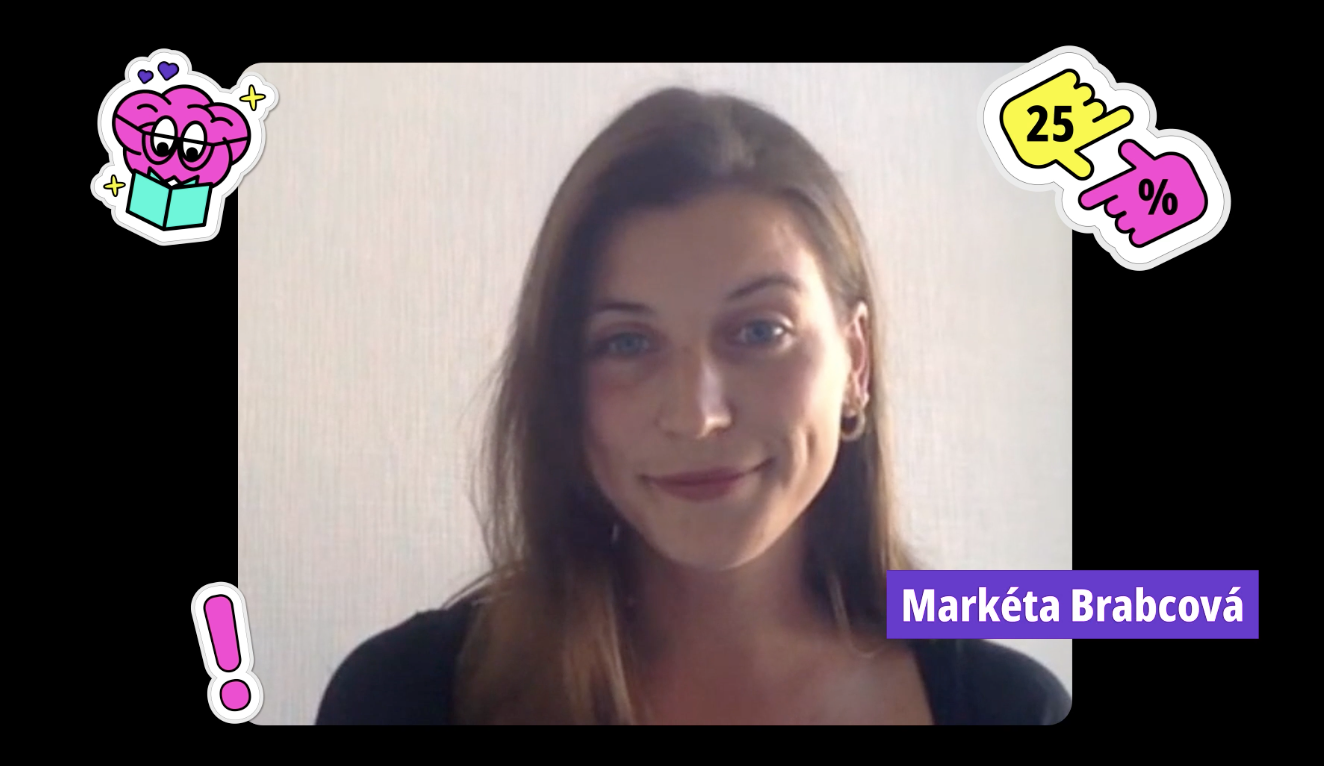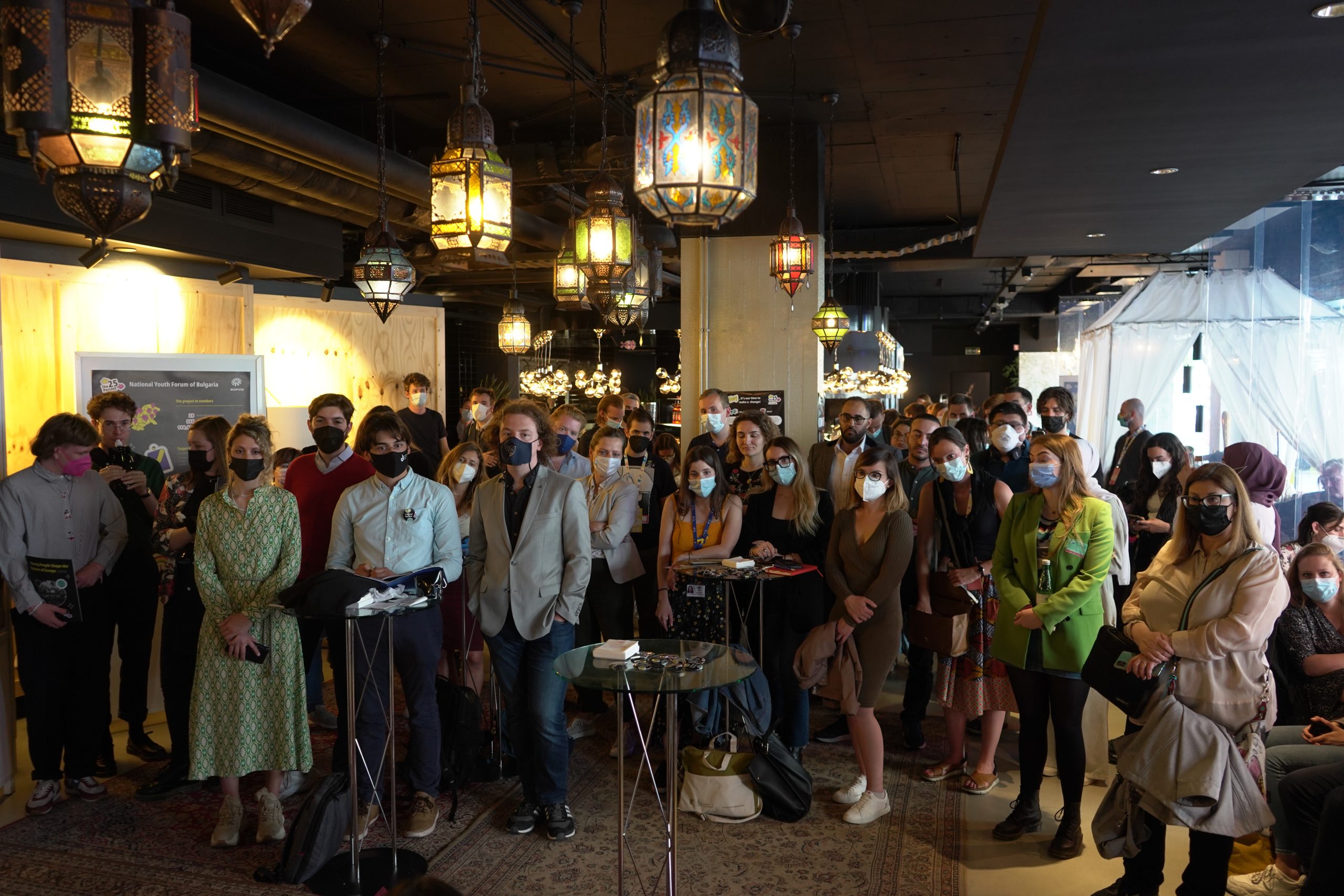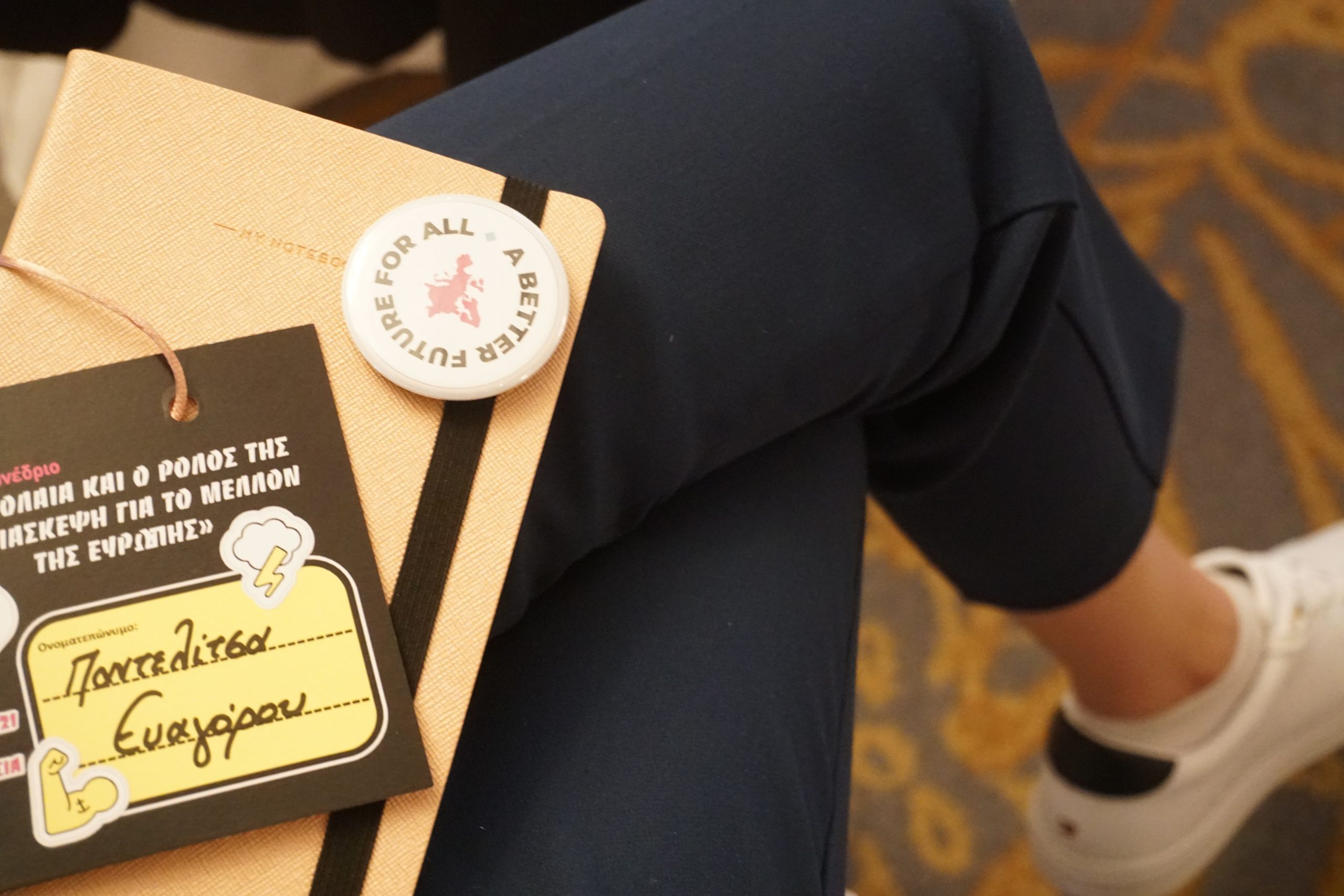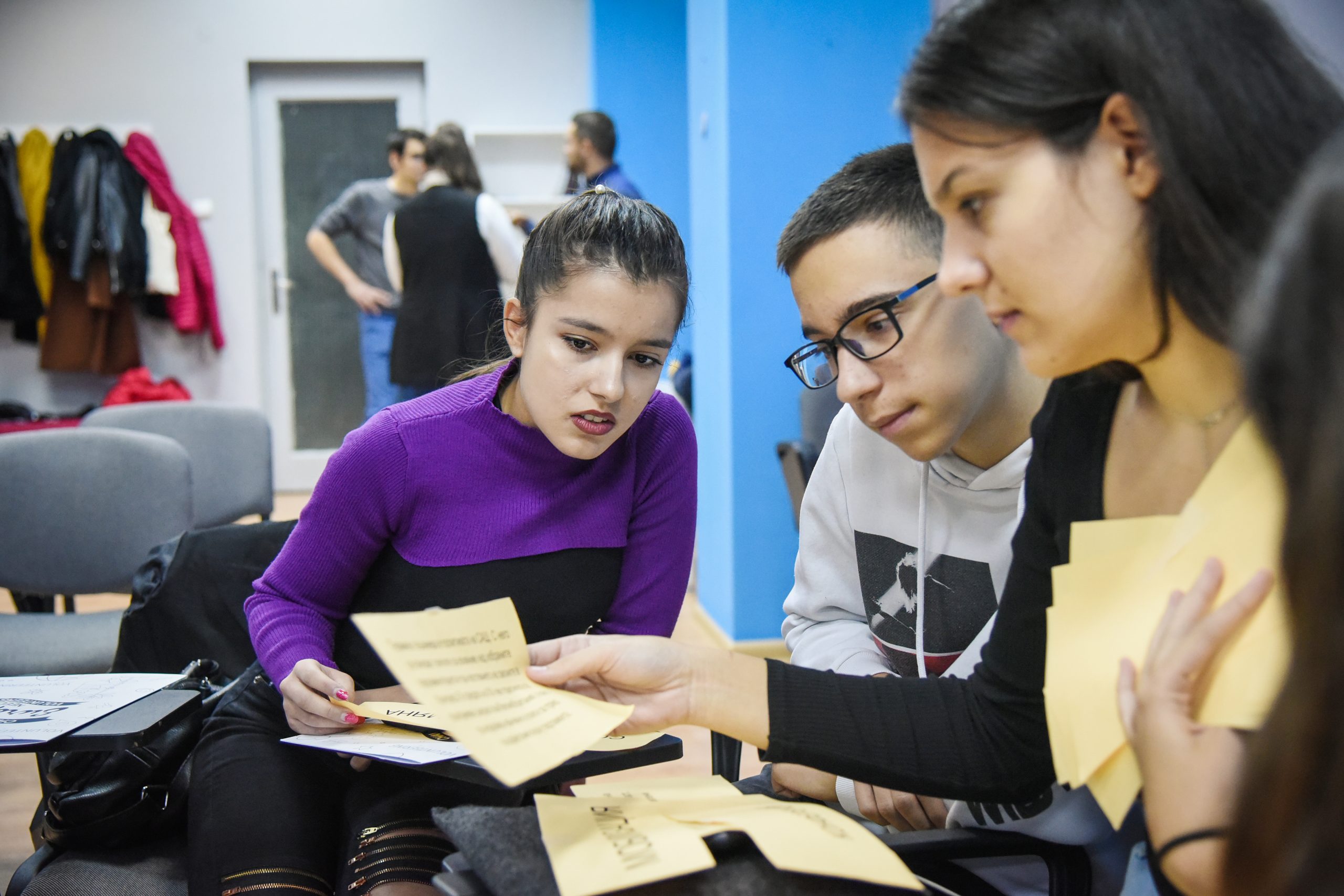Markéta Brabcová: campaigning for gender equality in politics
Markéta always knew that she wanted to become more active in society. She was interested in feminism and gender equality, but for a long time she felt she did not have enough experience to contribute.
Then, one day she saw that the progressive party in the Czech Republic published a picture of their members, and there was only one woman there. That picture generated significant backlash on the news and in social media, and it made her feel frustrated and annoyed.
Next, a colleague of hers published a Facebook post where she proposed to take some action on that matter and to contact her if one was motivated to work on that. Markéta accepted this invitation and was added to a common chat. Of the many that reacted to this Facebook post, in the end only ten or fifteen people remained and decided to do something concrete, and Marketa was one of them.
This is how her journey into activism started: just by saying yes to an opportunity when it came up. At the time, she had the energy and the capacity to do some extra work for a cause she cared about, and she was not afraid to step in, even though she felt she did not have the necessary skills. What she learnt is that activism and volunteering is very much about learning by doing, and that no University course can teach you those skills.
Markéta is a 28-years-old law faculty graduate and is also attending courses of gender studies: working on women’s representation in politics is a natural intersection between her legal background and her interest for gender equality. Together with other volunteers, she run a campaign (in view of the national elections in the Czech Republic on 8-9 October 2021) to inform the public about the unequal representation of men and women in politics and what can be done by regular citizens to improve the situation. In the Czech Republic, 52% of the population are women, but only 23% of the members of the Lower Chamber of Parliament. This means that the perspective of women is not sufficiently taken into account when adopting important legislation. In the political discourse, women are treated as a minority, while in reality they make up the majority of society.
“I am honestly frustrated and annoyed by this situation. I don’t like feeling that there is none who can represent my experience as a woman.” she says.
When she started campaigning, she soon realised that convincing people who have different opinions from you and gaining visibility online is not as easy as it seems. Fortunately, the people she is working with are a great support network, so that if a person is tired or overwhelmed someone else can step in and help them out.
Despite these challenges, their campaign also achieved some successes, such as being featured on social media, printed in a feminist magazine and mentioned in few articles.
“This gave us a rewarding feeling, making us realise that our work is being seen, and this is something necessary after you have put so much work into a project”.
On social media, the campaign received more positive than negative reactions. Some people are genuinely interested in the topic and are asking for more information. Others still say that gender equality in politics is nonsense and a form of discrimination against men, but if you manage to engage in a conversation with them and present some counterarguments, this can turn in your advantage since you can show both sides of a debate and let people judge which one is deserving more support.
Besides campaigning in the Czech Republic, Markéta is also a participant in the Central European Feminist School, which unites young feminists from the Visegrad countries (Poland, Hungary, Czech Republic and Slovakia). The school takes place once a year and focuses on one specific topic: in 2021 it was solidarity and resilience. Participants exchange common challenges and good practices of their own activism. This is an inspiring experience, which can serve to recharge your energies, and also creates a safety net for activists in the region.
The Visegrad countries share a similar historical background and similar political tendencies, Markéta explains, but there are also important differences. For example, in Poland religion plays a much bigger role than in the Czech Republic, and this also affects women’s rights. For Markéta, it is important to realise that feminism is context-specific, and that the Western approach to feminism which is dominant in the mainstream discourse is not the only existing one. This is why initiatives such as the Central European Feminist School are important: it allows young activists to understand that the issues they are facing are shared by others, to realise they are not alone, and to focus on the problems which affect them specifically.
Even though Markéta has mostly worked on a national level, she is also familiar with women’s rights at EU level, having been a trainee in the Gender Equality Unit of the European Commission. She believes that the EU is doing an excellent job at promoting gender equality, but unfortunately the problems arise at the stage of implementation in the Member States. Not only: certain legislative initiatives such as the Women on Board Directive, which sets the aim of a minimum of 40% of non-executive members of the under- represented sex on company boards, is blocked by certain Member States in the Council. This is why Markéta believes that it is important to campaign at the national level and talk to your national politicians, to make them aware of which problems women are facing and what needs to be done.
Markéta wanted to leave us with an important message: if you want to do something for a cause you care about, don’t be afraid to take the first step. You may feel unprepared or you may think your contribution isn’t valuable, but activism is open to everyone who has the energy and motivation to change things. You will learn all the skills you need on the way, and that’s the beauty of this adventure.



